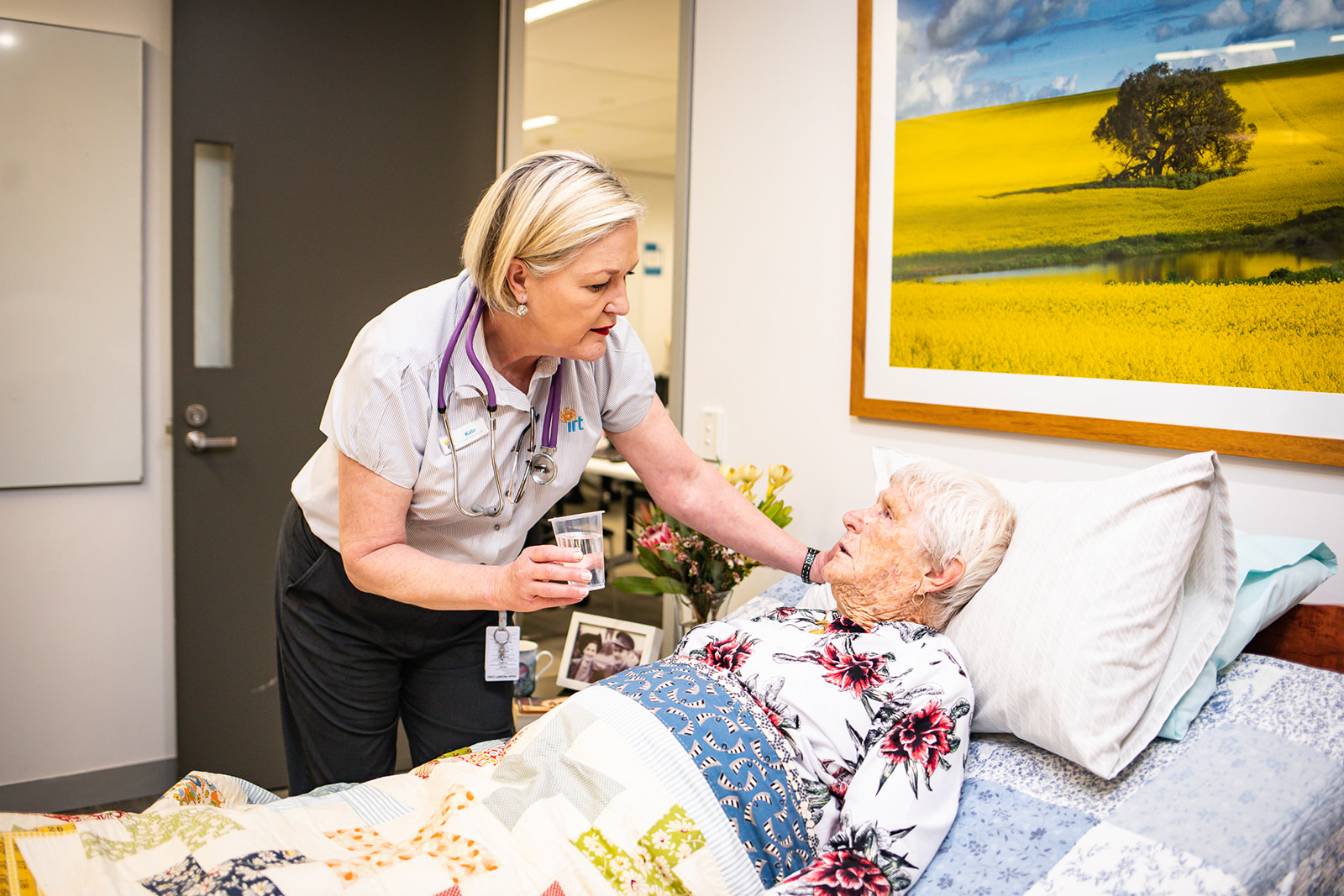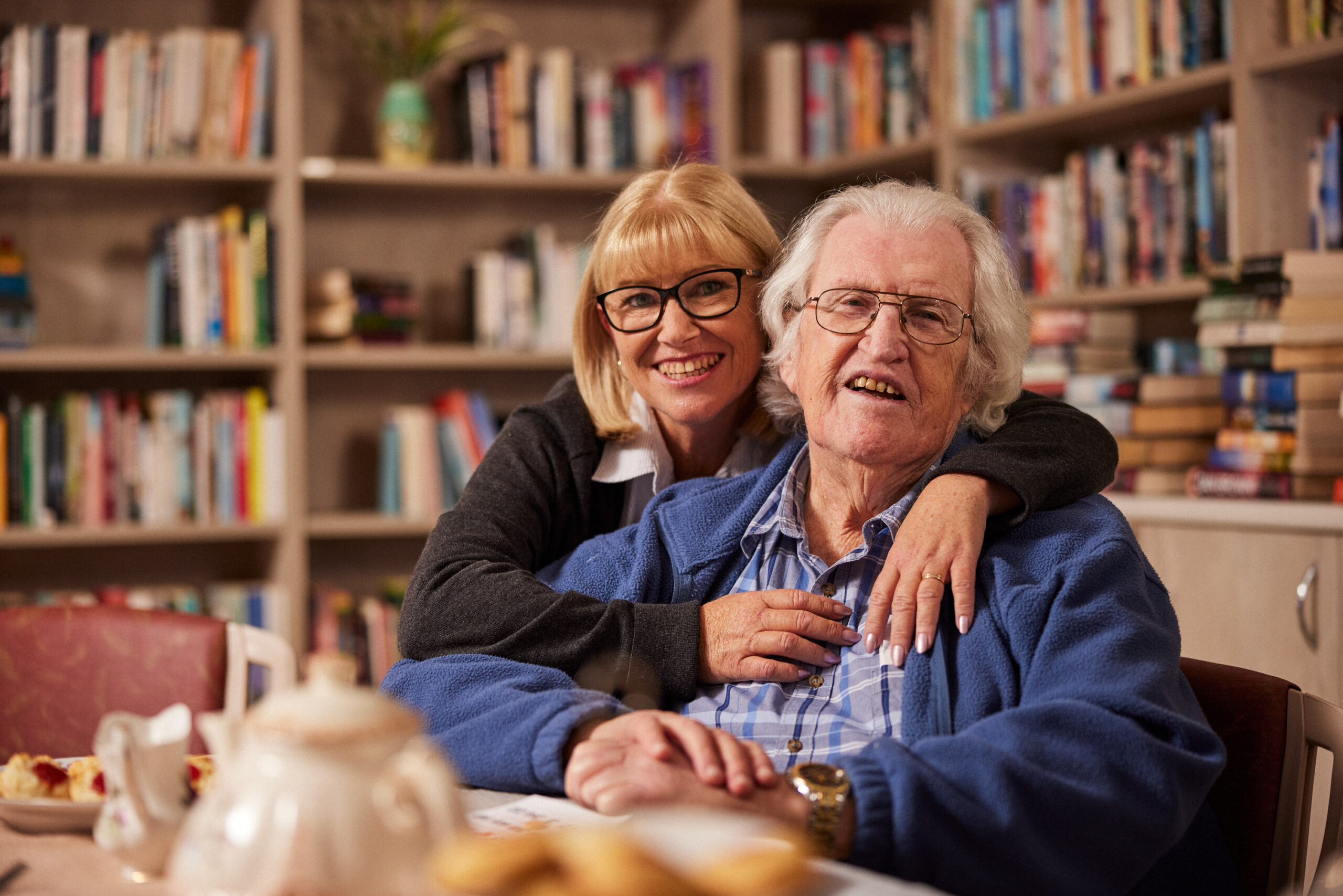9 foods to eat for a good sleep
We discuss 9 foods and drinks that may improve your ability to sleep well at night.

Whether it’s a mental boost after a cup of coffee or drowsiness after a Christmas roast dinner, most people have experienced how food and drink can affect their energy levels and alertness.
But did you know your diet can also play a role in getting a good night’s sleep?
A report commissioned by Sleep Health Foundation revealed how common insomnia is across the Australian adult population, with almost 60 per cent of people regularly experiencing at least one sleep symptom like trouble falling asleep, staying asleep or not being able to get back to sleep.
With so many Australian’s struggling to sleep well at night, it’s no surprise people are looking at their diet to see if it can help improve the amount of shut eye they’re getting.
Both diet and sleep are complex, which means there is no silver bullet or single food that is guaranteed to give you a solid eight-hour slumber. However, there are some foods and drinks that may improve your ability to sleep well at night.
1. Nuts
Nuts like almonds, walnuts, pistachios and cashews are considered to be a good food for sleep as they contain minerals like magnesium and zinc. These minerals are essential for a range of bodily processes, such as relieving muscle tension, reducing fatigue, strengthening bones, and contributing to metabolism and the functioning of the nervous system.
2. Kiwifruit
Kiwifruit is rich in vitamins C and E as well as potassium and folate, which are believed to help you stay asleep once you have fallen asleep and even achieve a slow wave or ‘deep sleep’. One study found there was some evidence to suggest that people who ate kiwis one hour before bedtime fell asleep faster, slept more and had a better overall sleep quality than those who didn’t. Researchers credit this to kiwifruit’s antioxidant properties and ability to address folate deficiencies, and/or high concentration of serotonin.
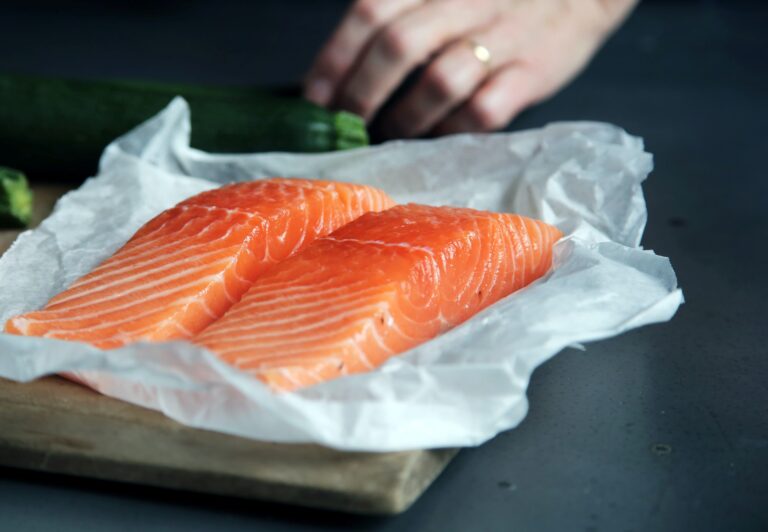
3. Milk
That glass of warm milk our parents gave us before bed as children actually did do something good. Dairy is a natural source of the sleep-inducing tryptophan amino acid. Tryptophan can help you sleep by boosting melatonin, the chemical that promotes a regular sleep cycle.
4. Yoghurt
Much like milk, yoghurt contains calcium which is needed for processing sleep-inducing hormones tryptophan and melatonin. So, if you’re craving a little snack after dinner, a small bowl of yoghurt topped with some oats, whole grains or fruit could be the perfect pre-bed treat.
5. Beans
Beans naturally contain a combination of B vitamins like B6, niacin and folate which help the brain in many ways. Not only have B vitamins long been used to treat insomnia, they can also help alleviate stress and anxiety.
6. Salmon
Fatty fish, such as salmon, may help sleep by providing a healthy dose of vitamin D and omega-3 fatty acids, which are involved in the body’s regulation of serotonin. Some studies have found that people who ate salmon three times per week had better overall sleep as well as improved daytime functioning.
7. Lean proteins
Lean proteins like chicken and turkey are high in the tryptophan amino acid which tends to increase serotonin levels and induce sleep. On the flipside, it’s best to avoid high-fat cheeses, chicken wings or deep-fried foods as they take longer to digest and can keep you awake.
8. Figs
Figs are rich in potassium, magnesium, calcium and iron which help with blood flow and muscle contraction and are key to falling asleep. Besides being a great dessert option before bed, figs also pack some additional fibre that will help keep you feeling full and starve off hunger pangs which could find you waking for a midnight snack.
9. Cherries
The best way to get a good night’s sleep is to increase your melatonin intake. Cherries, along with nuts and oats, are natural sources of melatonin and, when eaten regularly, can help improve your overall sleep cycle.
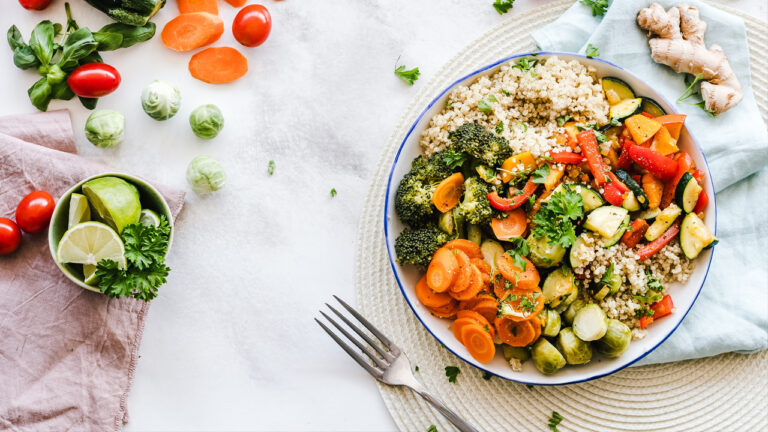
According to the Sleep Health Foundation, there are a few other tips and tricks when it comes to your diet and getting a good night’s sleep.
- Limit the amount of caffeine you eat or drink and avoid it for at least four hours before going to sleep. Caffeine can make it difficult to fall asleep and may also cause you to sleep more lightly. It’s important to remember that caffeine isn’t just in coffee – it’s also found in things like tea, soft drink, chocolate.
- A healthy, balanced diet will improve your energy levels and sleep. Having meals at the same time times each day will help keep your body clock stable.
- Allow two-to-three hours between the last main meal of the day and going to bed. A small bedtime snack, such as a piece of fruit or a glass of milk, is fine.
- Avoid alcohol for at least four hours before bedtime.
- Avoid spicy foods in the evening as they make it more difficult to sleep well at night.
- Avoid nicotine and smoking. Nicotine is a stimulant and makes it harder to fall and stay asleep. Cigarettes should be avoided altogether, but certainly for at least two hours before bed.
- Other foods to avoid before bed include cheese and red meat as they are more difficult for the body to digest, as well as tomatoes which contain high amounts of tyramine, a chemical that stimulates the brain and delays sleep.
Did you know?
- According to Optimum Sleep, the average adult needs between seven and nine hours of sleep a night.
- This number is slightly lower for adults aged 65 and over, who need approximately seven to eight hours of sleep per night.
- One third of our lives are spent sleeping.
- Approximately two in three Australian’s have trouble falling asleep, staying asleep or not being able to get back to sleep.
- Only 15 per cent of Australians sleep through the night, with 85 per cent waking up at least once.
- One in five Australians sleep with a ‘comfort object’ (a stuffed toy or security blanket). Those who sleep with a comforter also sleep better than those who don’t.
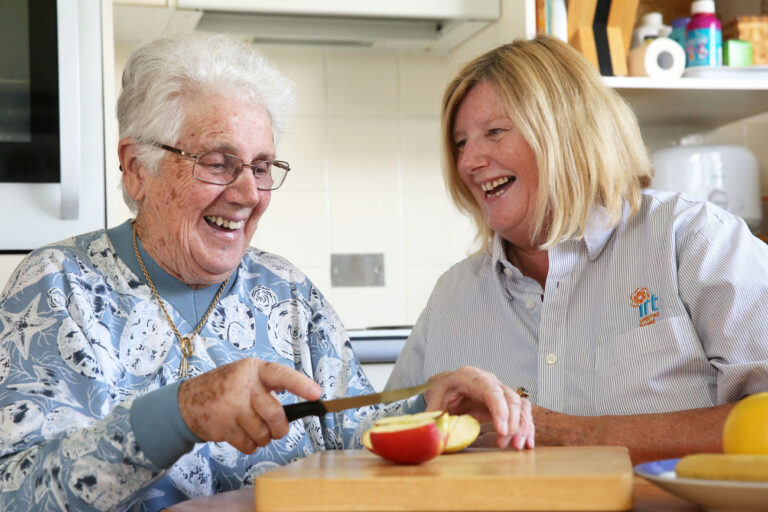
Need help with cooking at home?
Find out more about IRT Home Care and how we can assist you or your loved one to keep living independently at home. IRT has been providing home care services for more than 30 years, offering support to older Australians in NSW, Qld and the ACT.
Find out moreYou may also like
Types of palliative care
Understand the difference between palliative care and end of life care and types of palliative care treatments and support available.
What is aged care and 5 signs it's time to consider it
This guide breaks down some of the key aged care services offered and looks at some of the signs that indicate you might need them.

